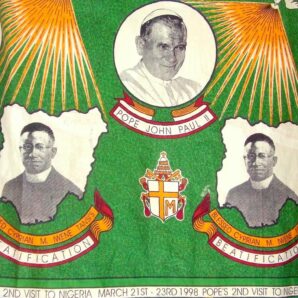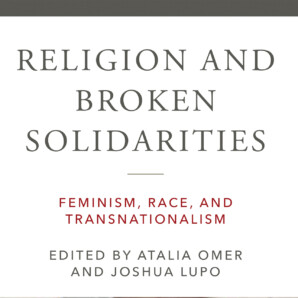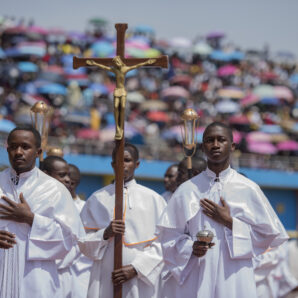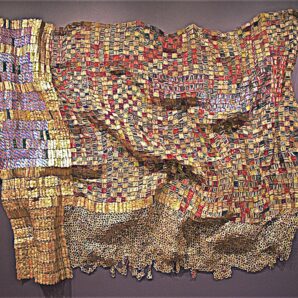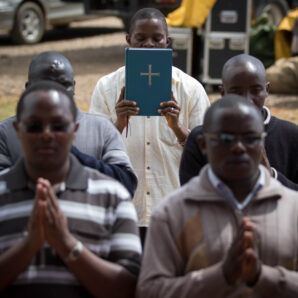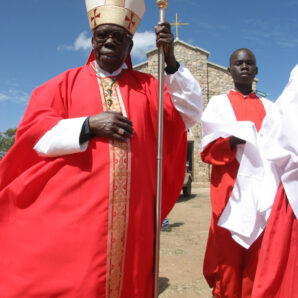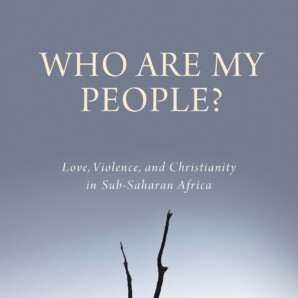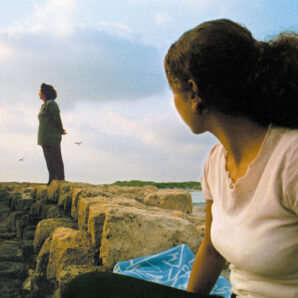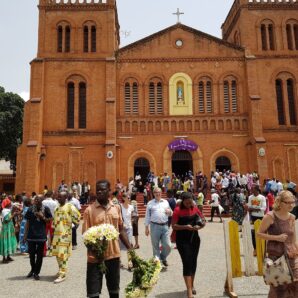
Methods of Theological Engagement in Who are My People?: A Response to Critical Questions
Series: Symposium on Who Are My People?
I work with the assumption that the logic of the cross transforms both power and justice, both justice and mercy, into the reconciling love of God.
Who are My People?: A Response to Critical Questions">Read More →
I work with the assumption that the logic of the cross transforms both power and justice, both justice and mercy, into the reconciling love of God.
Who are My People?: A Response to Critical Questions">Read More →
